"Pilliga Rising is the mesmerising, heartbreaking, exhilarating tale of a community unified in defence of land and livelihood. See it - and see it soon.” –Elizabeth Farrelly PhD, Columnist, Sydney Morning Herald
The international award winning environmental film, Pilliga Rising, will screen for the first time in Melbourne at the 2020 Transitions Film Festival.
The 40 minute film highlights the human impacts of coal seam gas, with a focus on the activities of oil and gas giant Santos in northwest New South Wales.
Pilliga Rising follows a salt-of-the-earth farmer, a German potter, a young Indigenous multimedia artist, and an experienced citizen scientist who, along with their communities, are rising against Santos.
The Narrabri Gas Project proposes to drill 850 wells over 95,000 hectares of iconic Australian forest and is the first of seven gas fields planned for the arid farming region that surrounds the forest. According to a major survey in the region, 96 percent of people over 3.2 million hectares are opposed to the coal seam gas development.
Among the biggest concerns relating to Santos' proposal is the impact of drilling on the Great Artesian Basin, part of which lies beneath the planned CSG project.
Commissioned by The Wilderness Society and produced by Mark Pearce’s award-winning production company, Balangara Films, Pilliga Rising celebrates the backbone of outback Australia. The film director, who has produced more than 20 social impact films, shows the audience a profound struggle of community resistance and unity against the industrial gas-field development, which Santos is still pushing for approval.
"This is a film about the true values of Australia, which reminds me of humanity's best qualities,” Mr. Pearce said. “If there’s one thing viewers will take away from this story, it’s the understanding that when you’re in the trenches dealing with the coal seam gas cartel, even if you win life will never be the same.”
In the film, Paris Norton connects young Gamilaroi artists with local Elders; using modern technologies, she helps the generations communicate and continue the First Australian narrative.
“The Pilliga has protected us since the beginning of time,” Ms. Norton says in her opening statement at the beginning of the film. “We need to realise there is a disconnect between us and that kind of growth and investment [coal seam gas], because it doesn’t take care of us long-term; both in the environment we want to live safely and spiritually.”
As a German backpacker, Maria Rickert settled in the Pilliga region over thirty years ago with a dream to create an ‘off-grid’ family business and establish European art and culture in the Australian bush. Today, ‘Pilliga Pottery’ is shared with volunteers and community members and is the spiritual home for every person that lives there.
But if the water shortages in the nearby township of Coonabararan continue and the gas project is permitted, the Rickert family will lose all they have accomplished.
“Coal seam gas is like a cloud hanging over every person involved,” Mrs. Rickert exclaims. “The only people who are in favour of it are the ones who will benefit in one way or another.”
Farming and food security also play a dramatic part in the documentary. Farmer, and father-of-five children, Adam Macrae is up against the Australian Pipeline Authority (APA) Group who want to connect the gas at the Moomba pipeline by building an open-trench pipeline through his farm; a sustainable venture which produces chickpeas.
“In 2016, we grew ten and a half million serves of chickpeas,” Mr. Macrae said. “And we grew enough barley to play a direct role in the production of five and a half-million serves of beef – and I was doing that on one day a week. If we can do that on our little patch, what’s the region doing in that macro-economic space?”
Star of the film – a local retiree, Tony Pickard has been fighting against the gas companies since 2006. His story highlights the citizen science work he’s done over the years to expose the toxic spills during the exploration process.
“I’m not against mining but it must be done in respect to three key things,” Mr. Pickard said. “It must be done with respect to the environment. It must be done with respect to the rules, laws and regulations of the country or the state and area where you are working. And it must be done with respect to the people in the area where you’re going to operate.”
Additionally, the film showcases magnificent Australian wildlife and stunning scenery of the Pilliga forest, beautifully photographed by cinematographers, Miles Bennett and Lee Herbet.
In the Pilliga region, the squirrel glider is now rare, mainly due to historic logging of hollow bearing trees, where they live and recent bushfires. The proposed gas-field development intends to remove 2,000 hectares of bushland, further reducing homes for this shy and susceptible marsupial, the squirrel glider. Photo credit: Miles Bennett
Pilliga Rising will screen at Brunswick Mechanics Institute - 270 Sydney Rd, Brunswick on 26th February as part of the Transitions Film Festival Impact Shorts Program.



